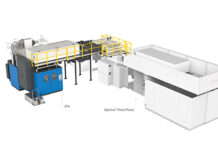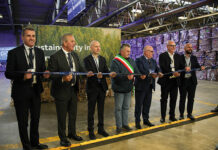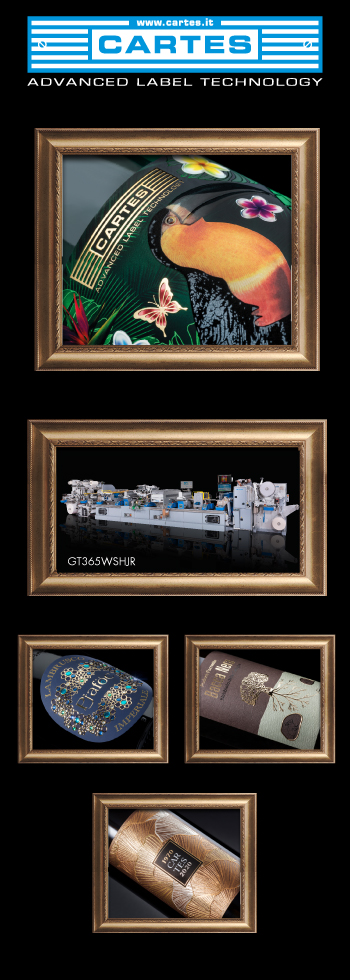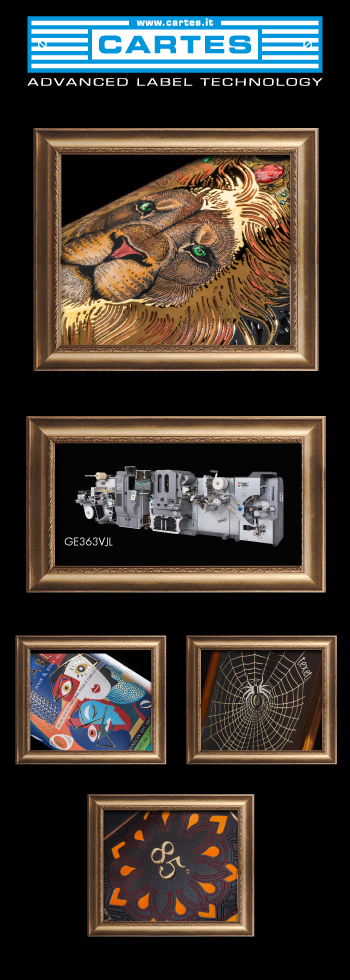The new line, named Rotoloni Regina Eco, is added to the traditional product range and it represents a further contribution of Gruppo Sofidel in favour of a sustainable development
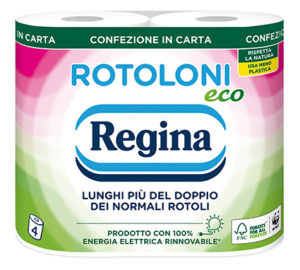 A new line by Rotoloni Regina is arrived at Italian GDO sale points starting from the month of July: Rotoloni Regina Eco.
A new line by Rotoloni Regina is arrived at Italian GDO sale points starting from the month of July: Rotoloni Regina Eco.
The line is added to the traditional range and it represents a new contribution of Gruppo Sofidel in favour to environmental sustainability.
Rotoloni Regina Eco have the same quality product that Italians have been learning to love for 30 years, but they are packaged with a new pack in kraft paper – vegetal material and so renewable, biodegradable and easily recyclable – replacing the classical polyethylene film, and they’re produced exclusively using electric energy coming from renewable sources, made at Sofidel establishments.
“Rotoloni Regina keep looking to the future,” says Philippe Defacqz, Sofidel Line of Business Director – Consumer Brand. “If their arrival on the market created a new Nielsen product category, the maxi-rolls, today Rotoloni Regina Eco line wants to meet growing demand for attention to the environment by consumers and, above all, to support fight against plstaic pollution.”
Thanks to Regina and the other major European Sofidel brands – Cosynel, Nalys, Le Trèfle, Sopalin and KittenSoft – this contribution foresees to eliminate the equivalent of 600 tonnes of plastic a year from packaging destined to final use by the end of 2020. The strategy involves the use – replacement or accompaniment of existing products – of paper packaging.
This is part of an overall goal set by the Sofidel Group: a 50% reduction in the use of conventional plastic in its production by 2030 (compared to 2013), which is equivalent to the elimination of over 11,000 tons of plastic released onto the market every year. A goal pursued not only with the introduction of the new kraft paper packaging but simultaneously with a general reduction in the thickness of the plastic film used in the production process (launched some years ago), and the progressive use, on some markets, of recycled plastics or bioplastics.






